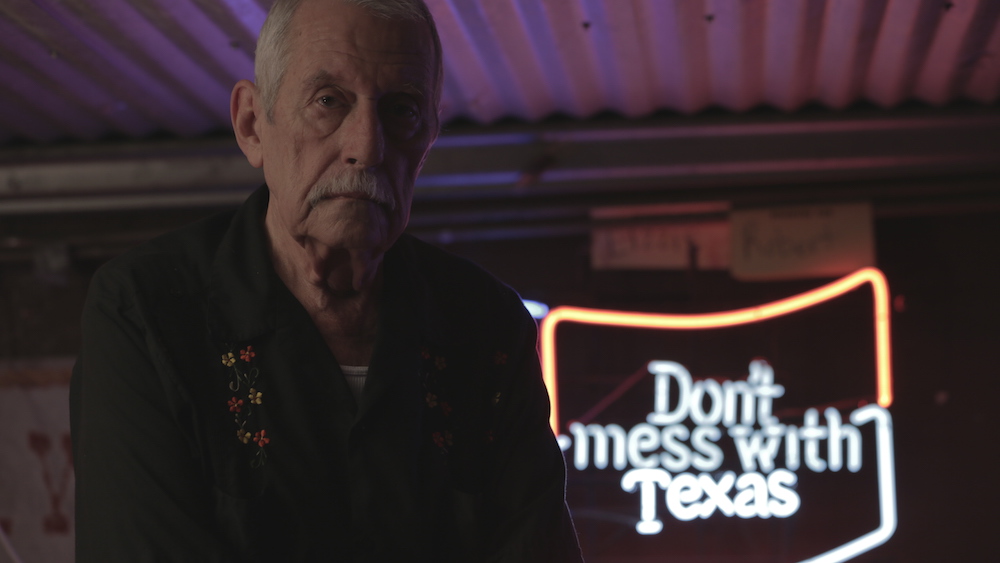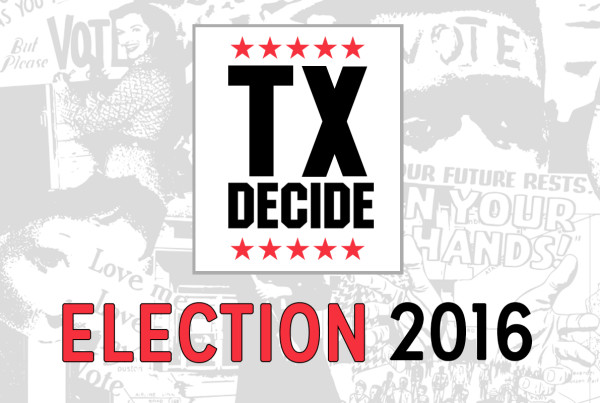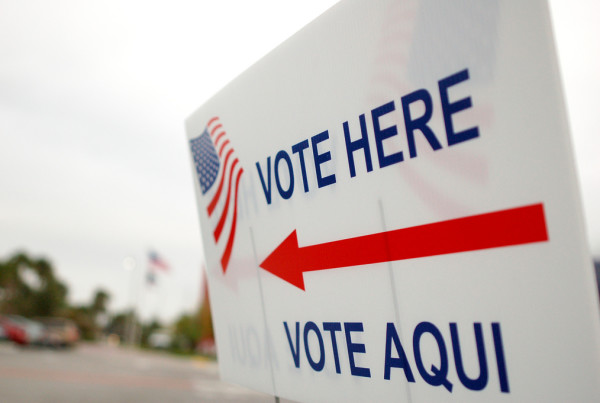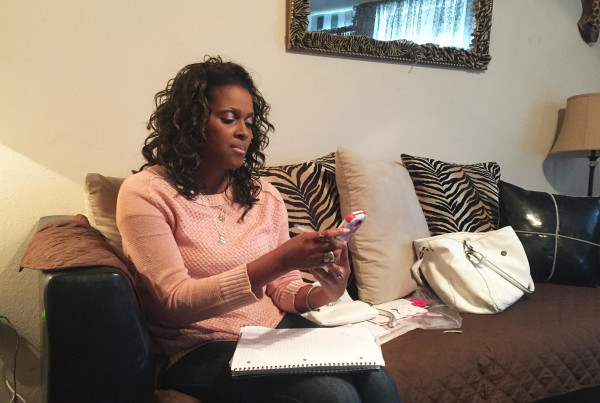So far this year, the State of Texas has executed three death row inmates. Ten more are scheduled to die before the end of July. At each execution are the prison warden, representatives from the press and families of prisoners and their victims. There’s also a spokesperson for the Texas Department of Criminal Justice.
For years, that person was Larry Fitzgerald. It was his job to relay information to the public about the last moments of death row prisoners.
During his time as the department spokesperson he witnessed 219 executions.
Fitzgerald has recently opened up about his feelings on the death penalty – and why they’ve changed. It’s now the subject of a short film series picked up by the BBC.
When he interviewed for the position back in 1997, Fitzgerald didn’t know for certain what his job duties would be. He was asked about his opinion on capital punishment and he said his feelings were “ambivalent.” But he wasn’t prepared for what the job entailed.
“I learned … after the interview was over that I would be doing executions,” Fitzgerald says. “It came as a complete surprise to me. It is true. I was the face of the executions in Texas for many, many years.”
His first execution was a double execution – two men were put to death on the same night. He says he was “apprehensive” as he prepared to witness his first inmates die.
“I had no idea what to expect, what it was going to be like,” Fitzgerald says. “Was it going to be a violent type of thing? I hate to use the term like somebody going to sleep because obviously they just died – but it was a very clinical type of situation.”
As the spokesperson for the TDCJ, Fitzgerald’s main job was relaying information about the executions to the media. Following the death of an inmate, he would give a statement to reporters. But Fitzgerald had to maintain a careful balance of impartiality when speaking with reporters about the death penalty. He says he was frequently asked his opinion about capital punishment, but would deflect the question.
“If I came out and said ‘I support the death penalty,’ then I alienate all the death row inmates and they don’t want to do any more interviews,” he says. “Or, if I go the other way, then the people who are victims of the crimes, the families, they’d then get mad at me, so I just tried to dodge the question altogether.”
But years of witnessing death helped shape Fitzgerald’s views on capital punishment. He got to know some of the inmates on death row and develop bonds with them. After leaving his position with the TDCJ, he became an expert witness in capital murder trials. His job was helping the jury understand the gravity of a death sentence.
“In the penalty phase, I would try to explain to the juries what it’s like to be on death row, what’s the day in the life of an offender,” Fitzgerald says. “And I came to realize that, you know, maybe Texas uses the death penalty way too much.”
After making the short film with a University of Texas graduate student that ended up featured on the BBC, he hopes speaking out will change some minds about capital punishment. While he admits that the abolition of the death penalty is unlikely in Texas, he wants to change some minds about using it so frequently.
“I don’t think that the thinking of Texas is going to change regarding the death penalty,” Fitzgerald says. “But I would like to have more consideration given by the prosecutors to go into life without parole.”














